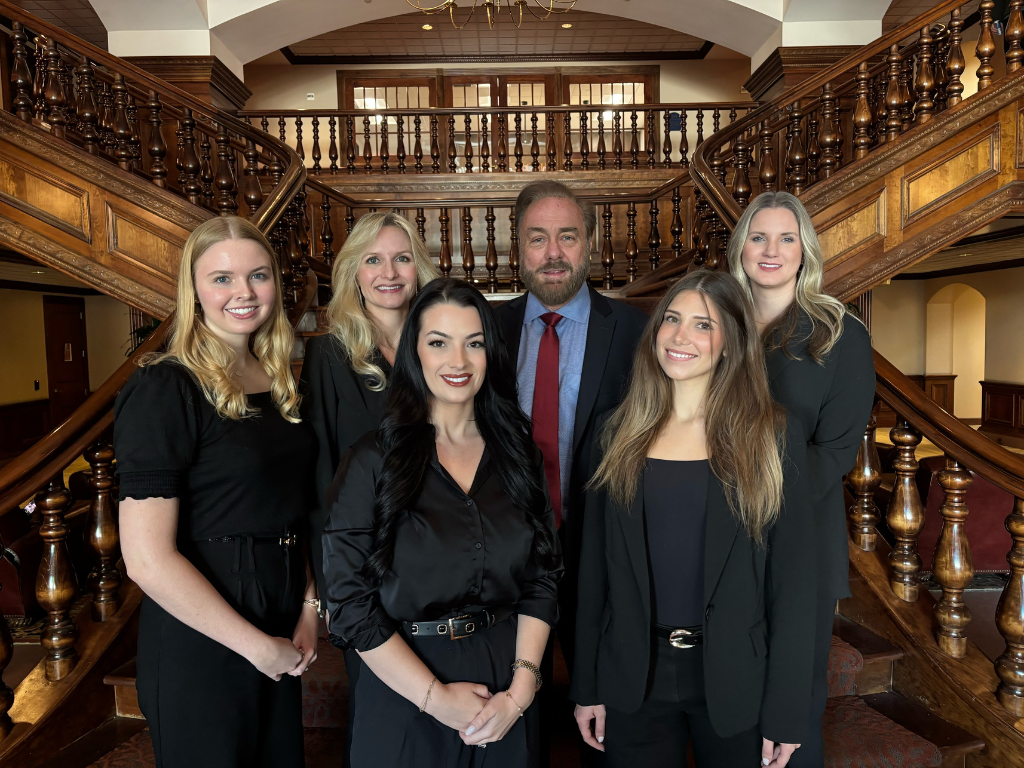In order to sue a fiduciary of a bankruptcy estate, a plaintiff must first obtain leave of the Bankruptcy Court. It is well established, under the Barton doctrine, that a fiduciary of a bankruptcy estate may not be sued without first obtaining leave from the bankruptcy court. Barton v. Barbour, 104 U.S. 126, 127 (1881); see also In re Castillo, 297 F.3d 940 (9th Cir. 2002). The Ninth circuit has recognized this principle and stated that:
The requirement of obtaining leave from the appointing court to sue a trustee is long-standing. See Barton v. Barbour, 104 U.S. 126, 129, 26 L.Ed. 672 (1881) (Court-controlled receivers in their official capacities if permission is granted by the appointing court.); see also In re Linton, 136 F.3d 655, 546 (7th Cir. 1998) (bankruptcy trustee cannot be sued without leave of the court that appointed trustee); In re Lehal Realty Assocs., 101 F.3d 272, 276 (2d Cir. 1996) (same); In re DeLorean Motor Co., 991 F.2d 1236, 1240 (6th Cir. 1993) (same); Leonard v. Vrooman, 383 F.3d 556, 560 (9th Cir. 1967) (noting that a trustee in bankruptcy is an officer of the court and is not subject to suit without leave of the appointing court for acts done in his official capacity and within his authority); Vass v. Conron Bros. Co., 59 F.2d 969, 970 (2d Cir. 1932) (holding that a bankruptcy trustee, like a receiver, is an officer of the court, and trustee’s possession is protected because it is the court’s); In re Kashani, 190 B.R. 875, 885 (B.A.P. 9th Cir. 1995) (noting that the granting of leave for a party to sue the trustee is within the sound discretion of the appointing court).
The Barton doctrine extends both to the debtor in possession and the debtor’s counsel. In re General Growth Properties, Inc., 426 B.R. 71, 74 (Bankr.S.D.N.Y. 2010) (“the doctrine protects any fiduciary of the estate, including a debtor-in-possession, as ‘[i]t is well settled that such fiduciary cannot be sued in state court without leave of the bankruptcy court for acts done in his official capacity and within his authority as an officer of the court.’”); In re Balboa Improvements, Ltd., 99 B.R. 966, 970 (9th Cir. BAP 1989); see also Urban Properties Corp. V. Benson, Inc., 116 F.2d 321 (9th Cir. 1940) (holding that a debtor-in-possession is undoubtedly a “court officer analogous to a receiver or trustee”); In re Wil-Low Cafeterias, 11 F.2d 83, 84 (2d Cir. 1940).
Arizona Bankruptcy Attorney
Contact Us
